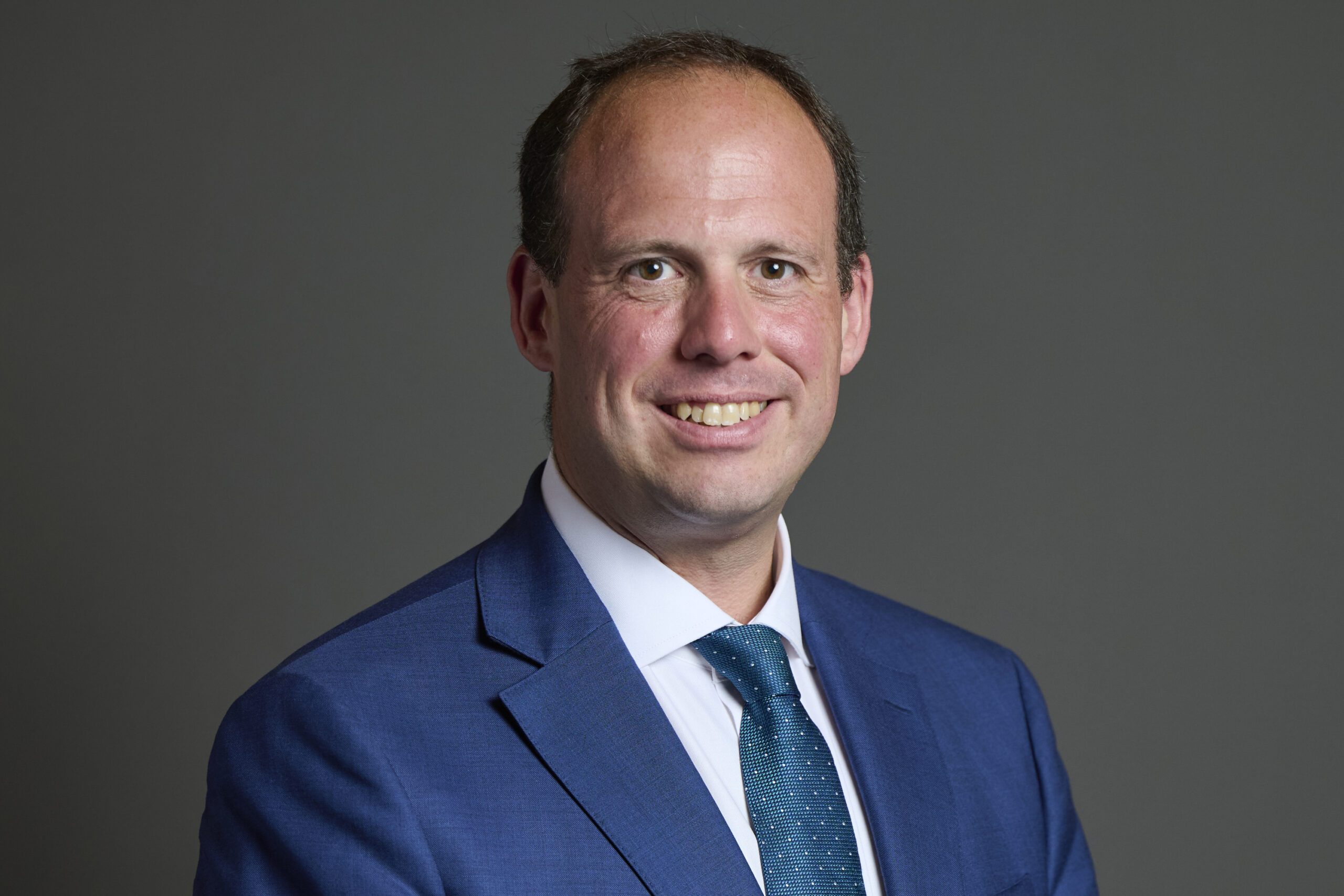Since I was first elected in 2019 my constituents have been hit with a tidal wave of infrastructure that has no place in the countryside. The behemoth that is HS2 has had the widest impact across Mid Buckinghamshire and continues to do so, but we now find ourselves facing a litany of energy infrastructure that poses an equally devastating threat, from solar installations to battery energy storage sites. There is seemingly little to no choice given to local communities facing the prospect of fields farmed for generations being lost to giant panels and highly combustible batteries and I am determined to stop every one of these projects for one simple reason – they do not belong in the countryside.
It is no secret that solar is by far the least efficient form of energy production. Less than five per cent of our energy consumption comes from solar. It takes 2,000 acres of land for solar panels to generate enough power for 50,000 homes. Yet a small modular reactor, far smaller in size and scale, can power 1,000,000 homes using only two football pitches worth of land. Why bother with solar at all? Why bother when the benefits are so negligible that even with the Government’s net zero vision we’d only have 10 per cent of our energy coming from solar.
Yet we in Mid Buckinghamshire are faced not just with nearly 2,500 acres of land being covered in solar panels, but also numerous battery storage sites which despite promoters claims that these are part of the green energy transmission are simply holding energy and selling it back to the grid with no real way to determine if the energy source is actually renewable. For all we know that energy could well be coming from natural gas or oil, both of which are also crucial to meeting current and future demand.
Whether it be solar farms, battery storage sites or anaerobic digesters, another carbon intensive “solution” that my constituents are facing, the countryside cannot be expected to cope with the impact from construction and the vast amounts of farmland being sacrificed for virtually no benefit to rural communities.
And somehow, despite there being thousands of acres of brownfield land across the UK, so far it has only been agricultural land that has been targeted by promoters. And when questioned by myself and those in affected communities on why on earth they’d want to take farmland for this purpose, it all comes back the convenience of a nearby grid connection.
But many will be disappointed given that the Government’s National Energy Systems Operator, which oversees grid connections, has said that “the number of speculative connection applications has substantially risen over the past few years resulting in an excessively high volume of contracted parties when in reality only about a third of the volume of projects will make it to completion.” Speculation is therefore rife and it is my constituents and many others living in rural areas across the UK that are being thrown under the bus.
And the threat faced by those affected cannot be underestimated. Battery storage sites have are at risk of total combust through thermal runaway if battery health is less than ideal, for which the response is often dictated by a policy of letting itself burn out. Meanwhile chemical-fuelled smoke is carried for miles and debris deposited on nearby towns and villages, local water sources become contaminated and the site becomes a biohazard right in the middle of surrounding farmland. That is an unacceptable scenario that we have already seen occur both here in the UK when in 2020 a site in Liverpool caught fire, and abroad.
I am not prepared to accept that risk, and neither are numerous local authorities, including my own Buckinghamshire where in December the first BESS project, a 500 MW site in my constituency, to be put to the Council was resoundingly rejected. From Dorset to Kent and Yorkshire to Scotland, BESS projects are being thrown out on the grounds of pollution and fire risk, impact on the road network and inappropriate site location. If the lack of grid capacity doesn’t stunt these projects, local authorities will. It is hard to see why any developer would risk their capital on something which has at least a two-thirds chance of failure.
This is the reality. And if something isn’t done we will lose our ability to produce food; we will see the continued erosion of rural communities; all while doing little to source our energy sustainably. Energy infrastructure does not belong on farmland. It does not belong in Mid Buckinghamshire. Let’s drop this nonsense and go for nuclear instead.
Forcing energy infrastructure on farmland will destroy the UK’s ability to produce food


